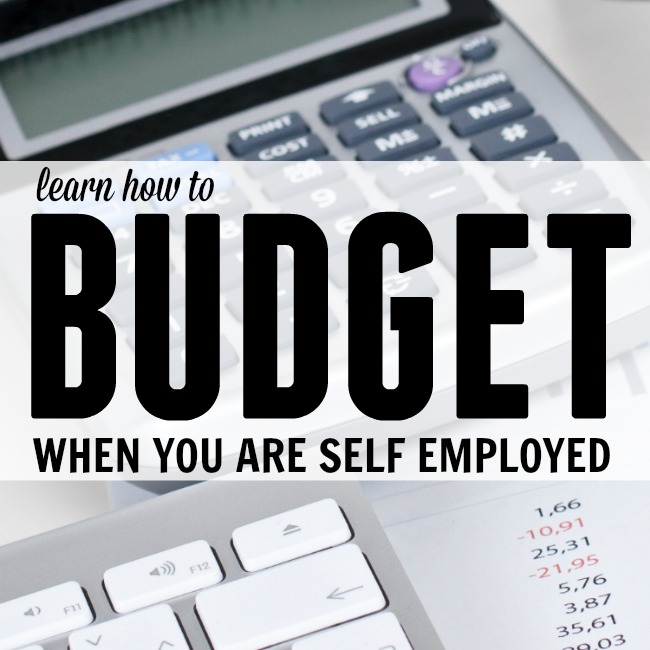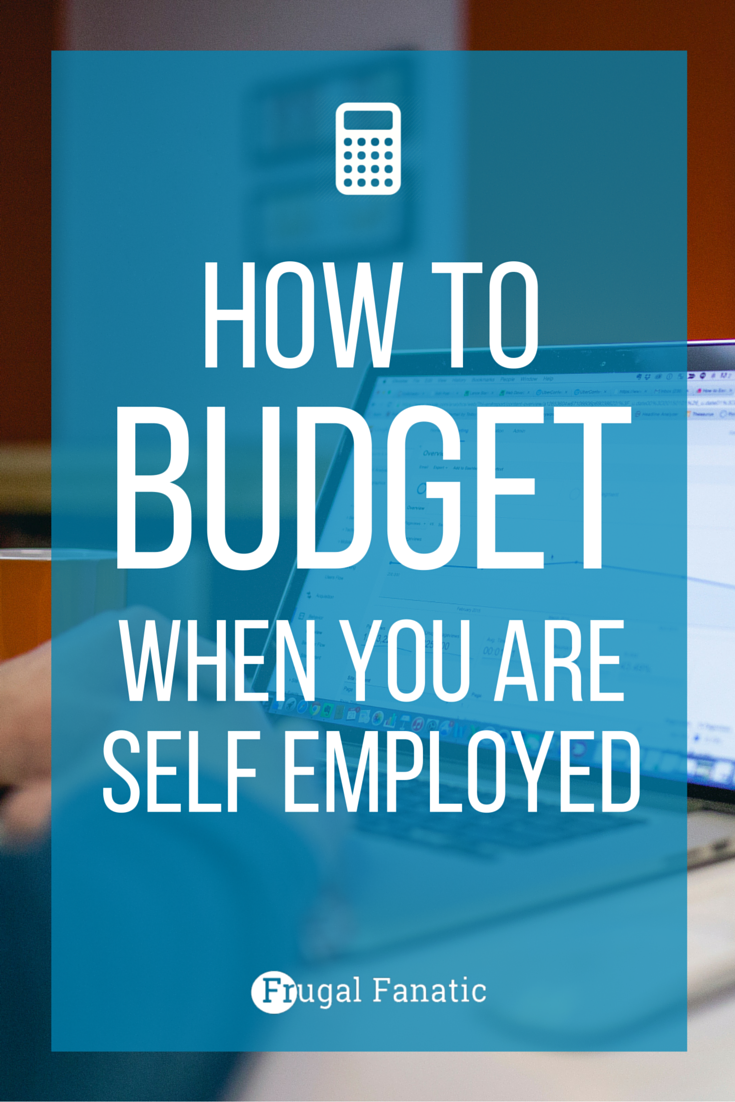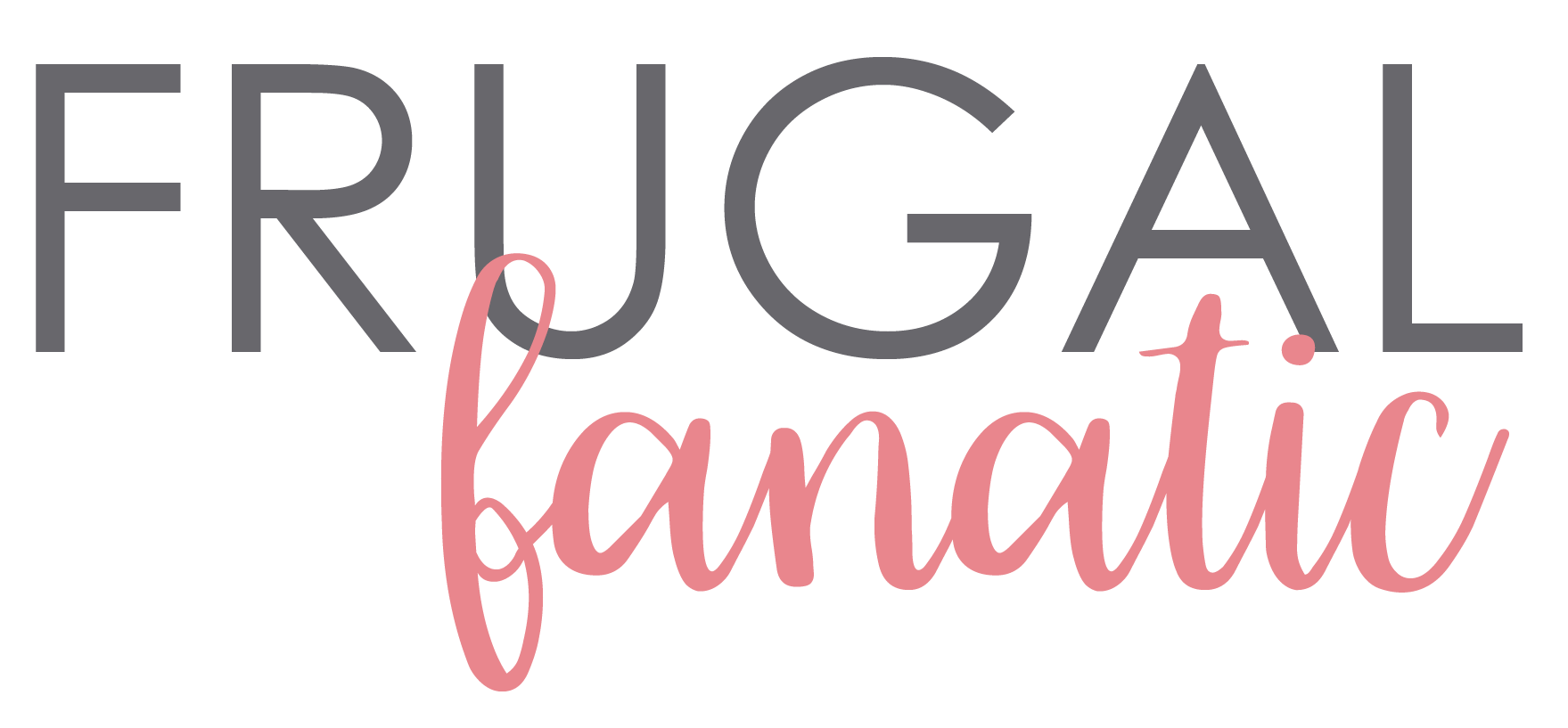How to Budget When Self Employed
Are you among the people who are self employed? Have your own business or work from home?As a blogger, I am lucky enough to be home with my kids and run a business. Most people look at it as a dream job. Yes, I will agree it is my dream job, but working from home is not always glamorous. Having an unpredictable income makes it difficult to manage our money. One thing that has been extremely important through the process is having a money management system.I cannot stress enough how important it is to have a budget for your business. Sticking to a plan will help to alleviate stress and make sure your spending is not out of control. Even though it is tough to figure out a budget and use one a monthly basis when you are an entrepreneur, but it does not mean you should just push it aside.
1. Figure out your monthly expenses
You can start by using my free monthly budget printable to figure out your household expenses. This will help you to see where your money is going and how much you need to have to pay your bills each month. Honestly, the best thing you can do is figure out exactly how much money you need to have to cover your expenses. Do not worry about the amount of money your business is bringing in only look at the expenses column.How much do you need to survive? You no longer will have someone to sign your paychecks. You will be paying yourself. It is scary to think about it yet very exciting.
2. Rank your expenses
An important part of using a budget when you are self-employed or have an irregular income is ranking your expenses by importance. Now that you have listed all of your total expenses for a month, list them in order of the most important to the least important.For example, I would place our mortgage first along with our heating bills and electricity before our cell phone bill or even preschool tuition. Although our preschool tuition payment is important they allow a grace period without a penalty. Now, take a look at your list. Is there anything you can take off? Any expenses that you can cutback on?Once you do receive money pay the first item on your expense list. Spread your money out and go down this list as far as you can. Even though you may not be able to pay everything on the list you can pick up where you left off as soon as you do receive more income from your business.When you are just starting out with a business or new to being self employed you start thinking in survival mode. How much will it cost for my family to live this year? I like to have a set number in mind, which brings me to the next tip.
3. Save, save, save
I know this is obvious, but most people struggle with this one. When you do pay yourself do not take it all. This will give you a buffer for when you do have a bad month and cannot pay yourself from your business.I would like to say that it never happens, but when I first started blogging and actually began making an income there were definitely bad months. You cannot always rely on making a ton of money when you are self-employed. There are always unexpected expenses that arise.Once you start to make money try to figure out a reasonable amount to pay yourself. Even if you have a really great month do not take all of the money from your business account. Save it until you learn your income and expenses and can make sure that you will have enough money to pay yourself each month.
4. Separate accounts
When you are self-employed I would highly recommend having separate bank accounts. Not only will this help you to stay organized but you can manage your money much better when it is separated.One HUGE thing that people forget to add into their budget when they are self-employed is taxes. If you are concerned about how much money you will be paying at tax time then you should plan to be putting away 30% of your earned income. Ouch.. I know it is a lot of money!Here are a few accounts to consider:
- Business checking
- Personal checking
- Personal Savings
- Retirement
- Tax Account
To avoid temptation and to make it easy on yourself open a separate account for taxes. Then, you can add the appropriate amount to it each month and not have to worry about where that money is going to come from once it is tax time. You should also have a separate checking for your personal money and business money along with a personal savings account. I added retirement account to the list because you will thank yourself later in life that you have done this.Here is an example of how you could break that down:Monthly Income: $4,000 {after expenses} Tax Account: $1,200 Retirement: $400 Personal Checking: $2,000 {paycheck} Leftover: $400The leftover money can then be saved for the next month. Like I mentioned above, you may have a bad month and your income could be substantially less. This remaining money will help to carry you that month so that you can still pay yourself a paycheck until your income increases again.The goal is to live with a plan so that you can start to save money and stop worrying. By having a money management system you can develop strategies for paying yourself and your bills on time.In may seem like a lot of work, but once you get into a routine you will quickly learn how to better manage your money on a monthly basis. 
